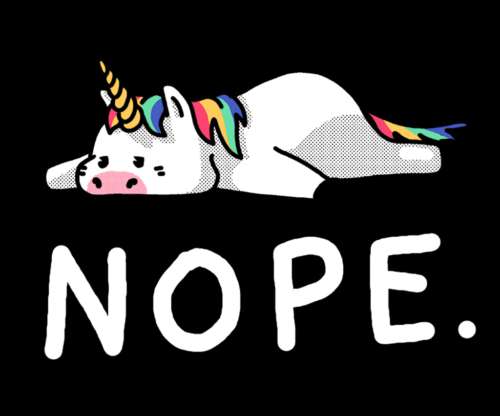Why LP’s Passed on Seed Funds 10 Years Ago (And What’s Happened Since)
View from Seed
JANUARY 13, 2021
The objection goes something like this: “yes, I can see rookie founders turning to you for a seed round. But won’t all good founders go to established firms that raise series A’s out of the gate?”. Or was this a convenient justification to get into the business, only to raise bigger and bigger funds and move upstream later?












Let's personalize your content